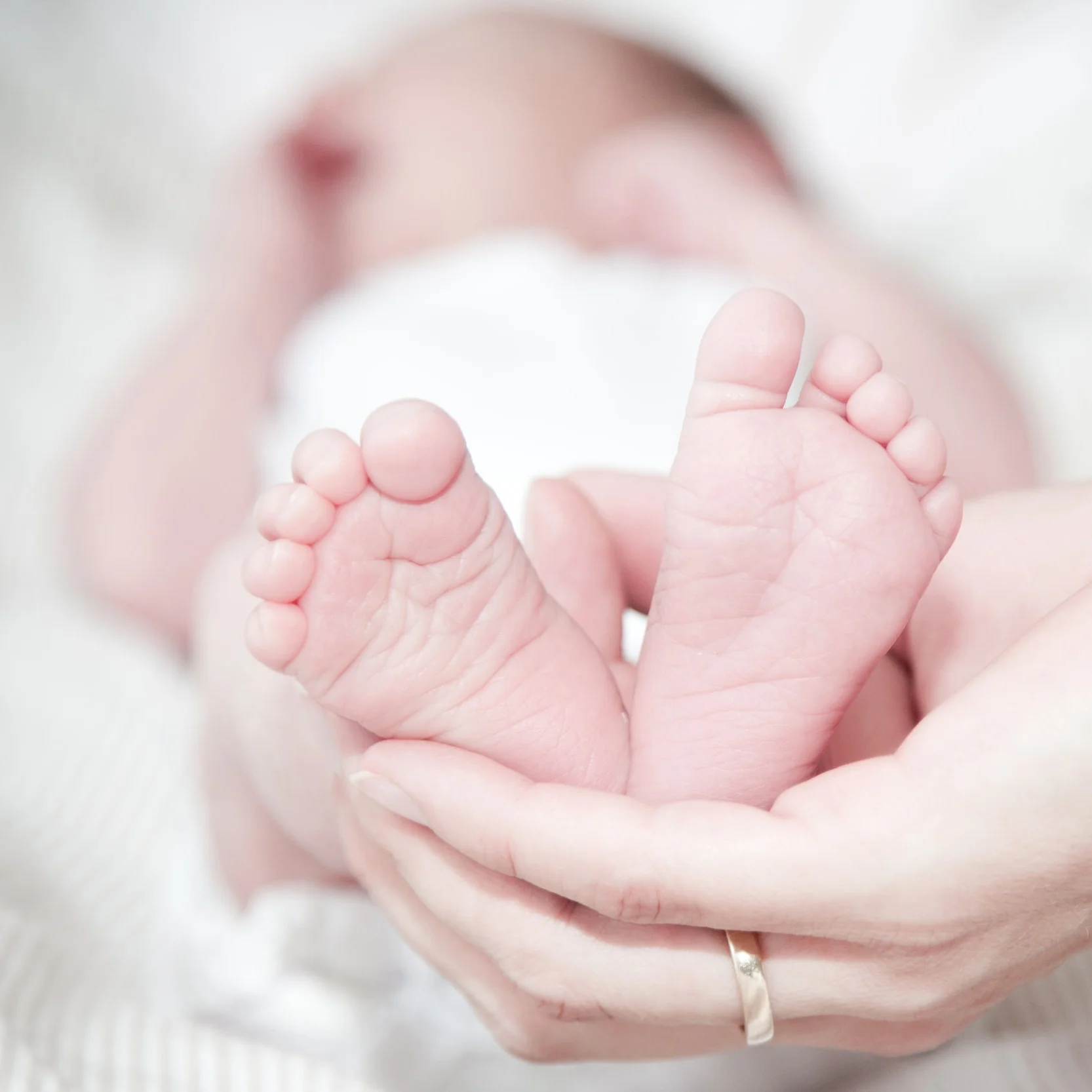Postpartum mental health issues are fueled not only by the hormonal turmoil that women experience but also by the emotional and practical challenges of keeping a vulnerable new human alive while operating on very, very little sleep. Having a baby during a pandemic is harder. Even if everyone in the family is healthy, it’s harder. Even if the family’s financial situation has not been damaged by layoffs, it’s harder. It takes all of the challenges of parenting a newborn — the nerves, the stress, the at-times profound loneliness — and amplifies them.
Read MoreBut too often, what gets shrugged off as “new mom worry” feels crippling to the woman experiencing it. To a new mother with postpartum anxiety, her whole world can begin to feel like a battlefield.
Read MoreIf you’re a bereaved parent, you might not see the point in therapy because you know there’s no fixing what’s been broken. There aren’t enough sessions in the world to put together your heart that broke when your child died. You may be right, but I believe that therapy is one of the greatest tools for healing after a loss.
Read MoreA year ago, I decided to seek help from a therapist. I never thought about therapy before. I never thought I needed it. I had feelings buried deep inside me at the pit of my core for years that I never talked about, but that's where they lived, and I was okay with that—or so I thought.
Read MoreThere are a variety of effected and well researched counseling treatments and interventions that have been shown to reduce the risk of postpartum depression and anxiety. Many of these treatments involve providing mothers with practical support and strategies for managing problems that may arise during the postpartum period (such as sleep deprivation and crying). Here are some more specifics!
Read MoreOne of the first steps in learning how to cope with and heal from anxiety is identifying the cycle of anxiety that takes place in your day to day life. Understanding the anxiety cycle will help to identify the various triggers of your anxiety, recognize the unhealthy coping patterns you have developed in order to avoid feeling anxious, realize that avoiding the triggers to your anxiety may provide temporary relief, and remember that short-term relief doesn’t lead to long-term growth. Identifying how your own experience specifically fits into the cycle is one of the first steps to experiencing freedom from anxiety!
Read MoreHaving a baby in the NICU (Neonatal Intensive Care Unit) is not how we typically envision motherhood beginning, it is not part of the plan. All of the emotions you experience in the NICU (grief, guilt, anger, anxiety, and depression) are normal and appropriate responses to traumatic events, they are not signs of weakness! While these reactions are a normal part of the adjustment process, it is important to recognize if they become a problem and reach out for help.
Read MoreEvery birthing is unique and for some women, their birth experience can be deeply troubling and even cause post traumatic stress disorder (PTSD). To an outsider, some births may seem very difficult and traumatic, while the mother may not have experienced it that way. The opposite can be true as well, some mother's may feel that their birth experience was traumatizing (for a variety of reasons) when it might be considered "normal" by medical professionals.
Read More






